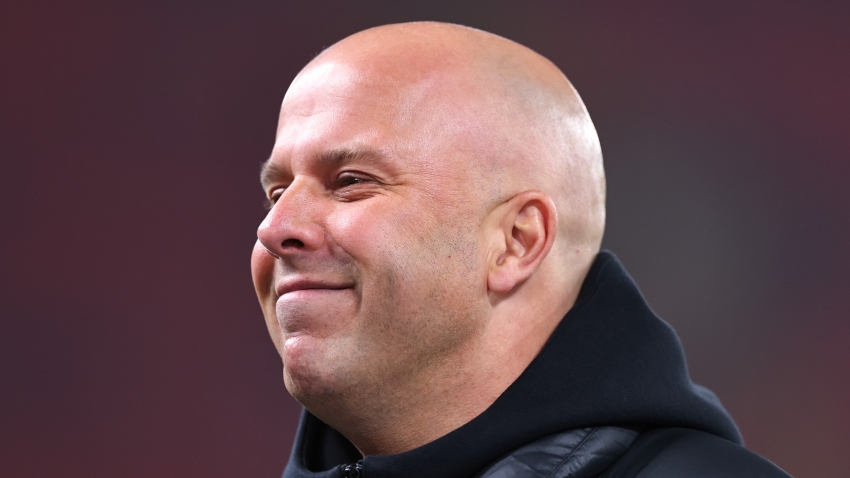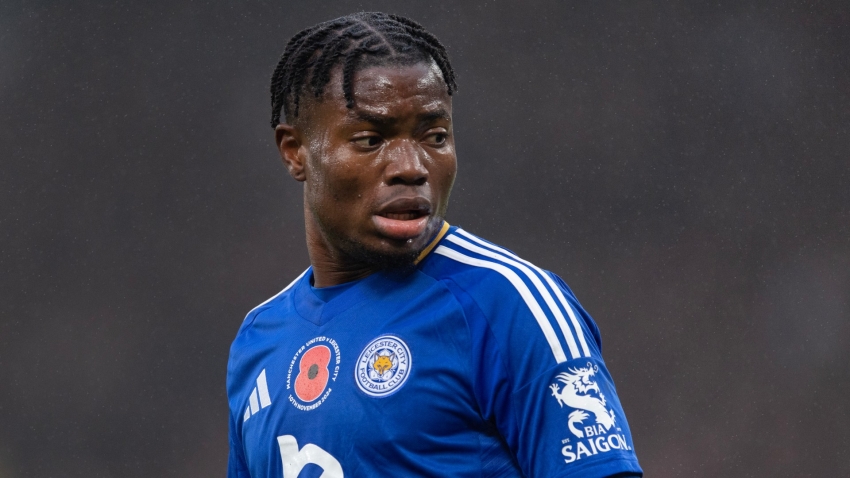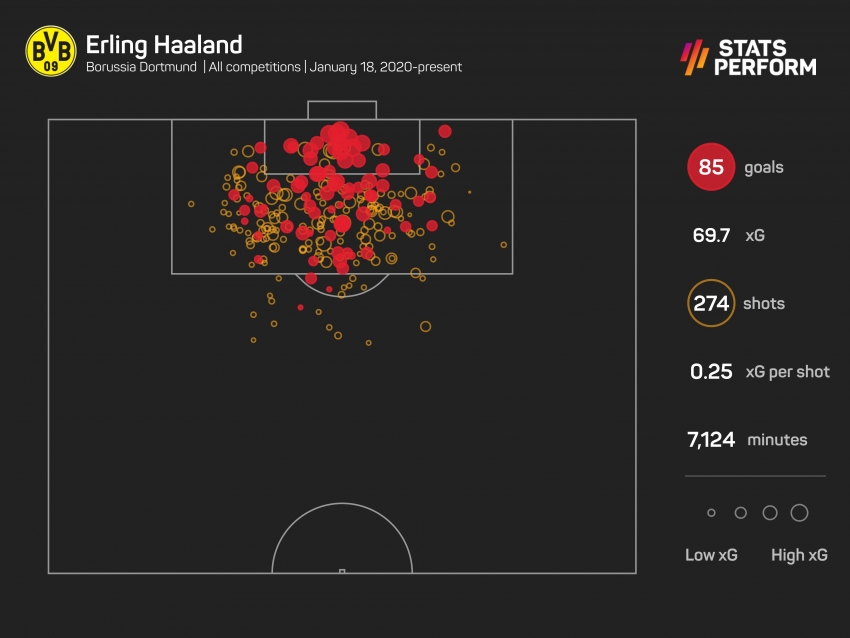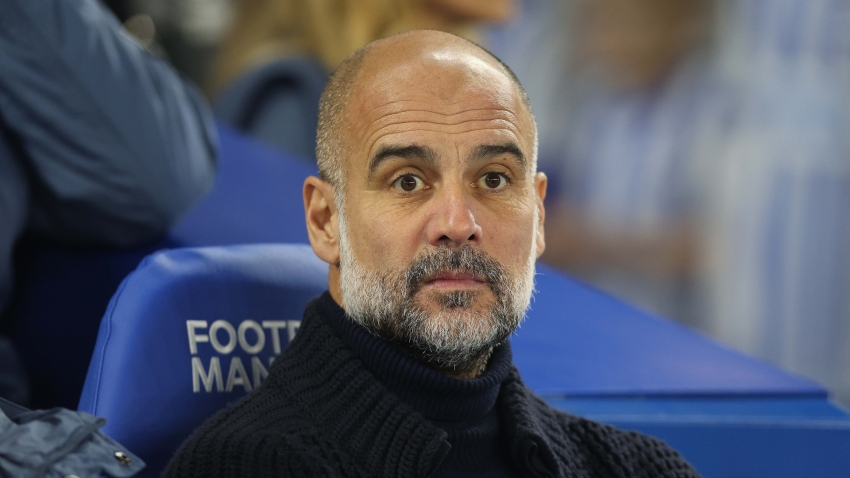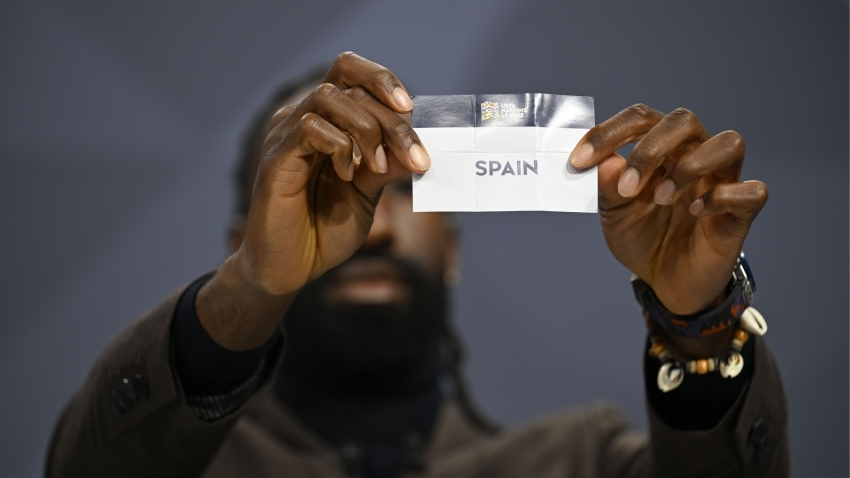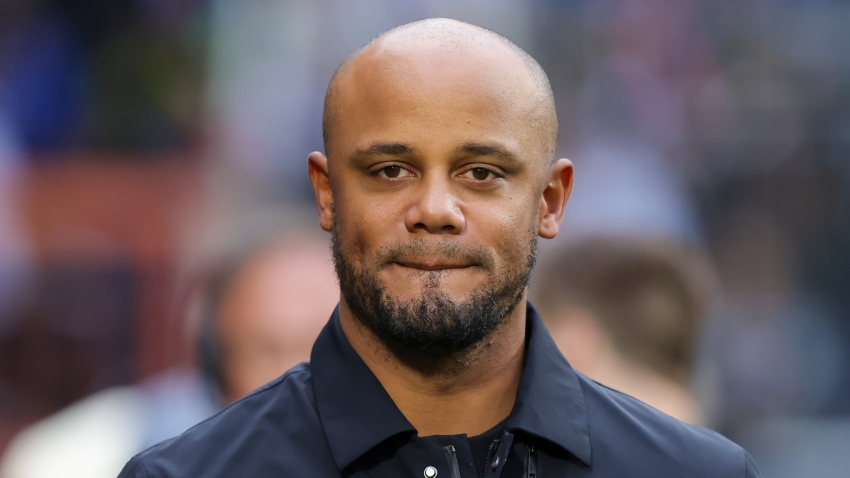Even when Jack Grealish charged into the penalty area in the 87th at the Santiago Bernabeu last week and saw his shot cleared off the line by Ferland Mendy, there seemed no way Manchester City wouldn't be in the Champions League final.
They were already 1-0 up on the night, 5-3 up on aggregate. Real Madrid had three minutes plus stoppage time to turn things around – even for a side that produced some memorable comebacks en route to the semi-finals, turning things around looked impossible.
Yet we all know how the tale unfolded in a matter of minutes, with City's Champions League aspirations dissolving for another season.
Over the course of the two legs, City were comfortably the better team and few would disagree with the idea that they're almost certainly better equipped than Madrid to stop Liverpool in the final.
City's failure served to highlight a key deficiency in their squad. Whether that's fair or not is up for debate, because they look destined to win the Premier League title again and no one would've questioned the legitimacy of them seeing off Madrid, but when the victor is led by the type of figure the loser is lacking, it's an easy conclusion to jump to.
Karim Benzema may not have been at his unplayable best in the second leg last week, but he won and converted the ultimately decisive penalty, and the effectiveness with which he led the line in the first leg ensured Madrid were still in with a shout upon the return to Spain.
City will now hope they have such a goalscoring talisman in Erling Haaland.
The club confirmed on Tuesday that Haaland will join at the end of the season, with City apparently set to pay £51.3million (€60m) to Borussia Dortmund for his transfer. Even when you consider the apparently significant agents' fees et cetera, it's difficult to see this as anything other than a bargain for City.
Of course, while the timing of the signing might frame it as a reaction to Champions League elimination, it's clearly not. Reports have suggested for weeks that the deal was virtually done and Haaland was going to follow in his father's footsteps by signing for City.
However, it's hard not to look at the deal through the prism of Champions League failure because of what will now be expected – rather than hoped for – with a player like Haaland in the team.
When trying to understand what has specifically gone wrong for City in the Champions League since Guardiola was hired, most people seem to have different opinions. Some might point to an apparent lack of on-field leaders, others highlight wastefulness at crucial moments, and of course there are many who have bemoaned Pep's dreaded "overthinking".
The idea of there being a lack of on-field leaders has always seemed wide of the mark, while no one can accuse Guardiola of overcomplicating his selections against Madrid – even if they did try to claim that, City were on course for the final until the 90th minute of the second leg.
Similarly, wastefulness is something most clubs can be accused of at one time or another and, in fact, across all the Champions League ties from which City have been eliminated under Guardiola, they have scored 17 times from 16.99 expected goals (xG). Granted, there were occasions where they didn't score as often as they should have, but over time it evens itself out.
Yet perhaps this is where Haaland can make the difference. Sure, City's xG has evened out over the unsuccessful ties in question, but with a striker as freakishly deadly as the Norwegian, there becomes a greater opportunity to finish chances that maybe you wouldn't generally expect to.
Haaland is a pure finisher unlike any other player in the world. Since his Bundesliga debut on January 18, 2020, he has scored 85 times from 69.7 xG across all competitions. Similarly, when excluding penalties he remains almost as potent, with 75 goals from 60.2 np-xG.
In both instances he has scored roughly 15 more goals than he should have based on the quality of his chances – among players with 30 or more goals over the same period, only Son Heung-min (16.1 and 16.5) can boast better xG differential figures. Again, ordinarily you'd expect this to even out over time, with such form usually unsustainable – but when you make the implausible look routine, this is the output you can produce.
One thing you cannot accuse City of is being ineffective when it comes to controlling football matches and creating chances – they wouldn't be about to claim a third Premier League title in four years if they were.
But in knockout ties when there is such a limited amount of time to respond to setbacks or make amends for certain mistakes, whether that's defensive or in front of goal, the value of the greatest strikers can shine through even more: Benzema showed that against City.
While there are likely to be stylistic compatibility questions to be asked regarding City and Haaland, particularly given the Premier League champions-elect haven't really played with an out-and-out striker for a couple of years now, they suddenly have arguably the finest finisher of his generation in their arsenal.
If Haaland isn't the final piece of the puzzle in City's quest for a maiden Champions League crown, Guardiola might as well give up.









